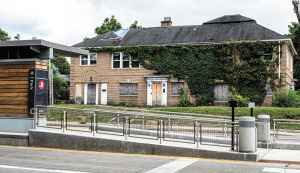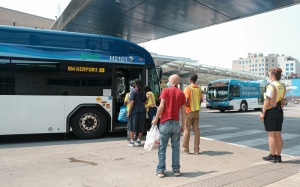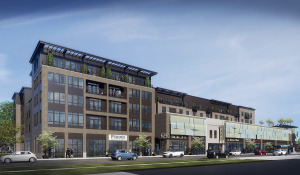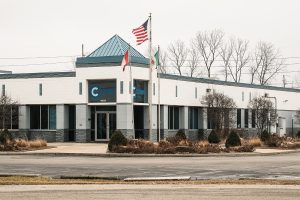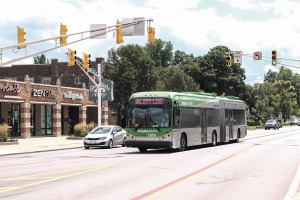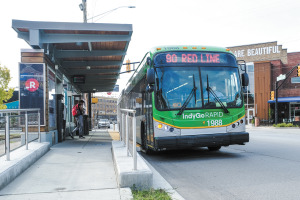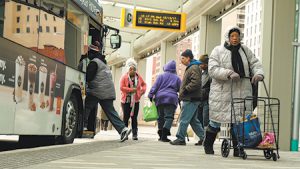IndyGo gets $81M for Purple Line, allowing construction as soon as February
The Purple Line will run along 38th Street, upgrading a traditional bus route that IndyGo says is among its most ridden and most profitable, and connecting downtown Indianapolis to Lawrence.

